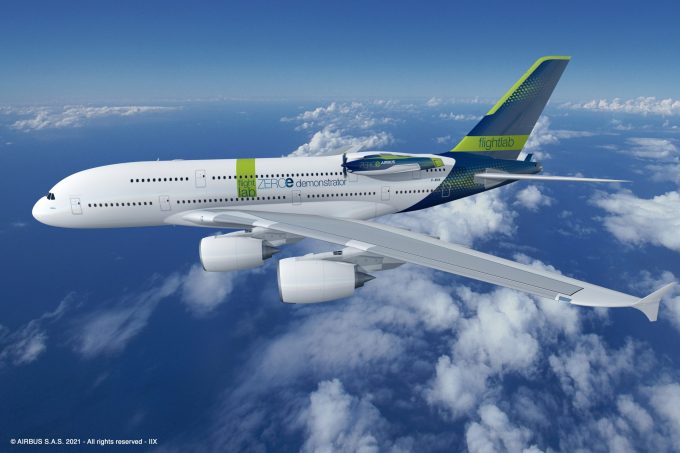Air cargo capacity squeeze could linger 'until the end of the decade'
Air cargo’s capacity shortage “will not be resolved any time soon”, and could linger “until ...

The ITF has said that e-fuels are currently too highly priced, and there is little incentive for operators to make the transition.
In a report published today, The Potential of E-fuels to Decarbonise Ships and Aircraft, the OECD-linked forum called on governments to drive the fuel transition in shipping and aviation by investing in green fuel infrastructure, arguing that broad tech-neutral regulations are insufficient.
“Global or regional carbon pricing, potentially complemented by feebates or low-carbon fuel standards, can help to address this ...
Asia-USEC shippers to lose 42% capacity in a surge of blanked sailings
Why ROI is driving a shift to smart reefer containers
USTR fees will lead to 'complete destabilisation' of container shipping alliances
New USTR port fees threaten shipping and global supply chains, says Cosco
Transpac container service closures mount
Outlook for container shipping 'more uncertain now than at the onset of Covid'
DHL Express suspends non-de minimis B2C parcels to US consumers

Comment on this article